Modern cannibalism: 4 places on Earth where people still eat people
Categories: Culture | Nations | World
By Pictolic https://pictolic.com/article/modern-cannibalism-4-places-on-earth-where-people-still-eat-people.htmlGlobalization greedily devours the uniqueness of countries and regions. More and more original beliefs and traditions are becoming a thing of the past, replaced by all sorts of Halloween parties that have nothing to do with the culture of most peoples. But, fortunately, it is still very far from turning the whole world into a monotonous Americanized mass. The planet is full of places where customs that are amazing to outsiders are preserved. Including such extravagant ones as cannibalism.
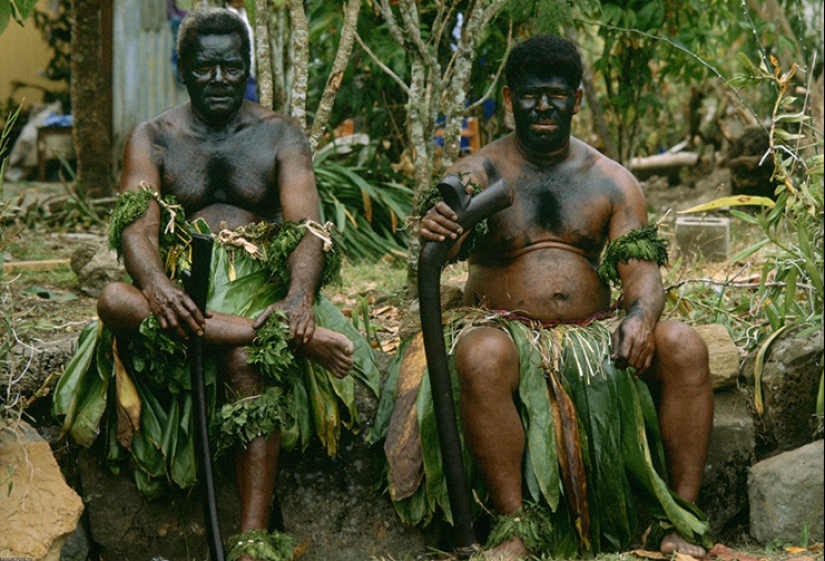
Deep in the Amazon forests lives a small tribe of Wari. There are no more than two thousand of them left. This tribe was the last of all South American to make contact with the civilized world, it happened only in the 1960s. Then their terrible ritual was revealed, which, upon deep study, turned out to be full of morality.
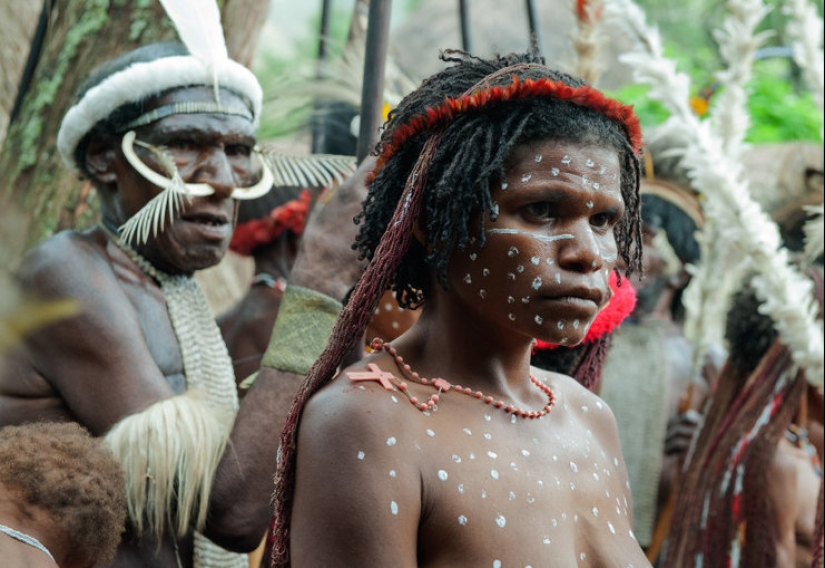
After a person dies, they store the body until all the relatives of the deceased can arrive at the place. This usually takes about three days. When all are assembled, the body of the deceased is roasted and eaten. Blood relatives of the deceased do not participate in this, they only watch how distant relatives eat. In addition, all the property of the deceased is burned.
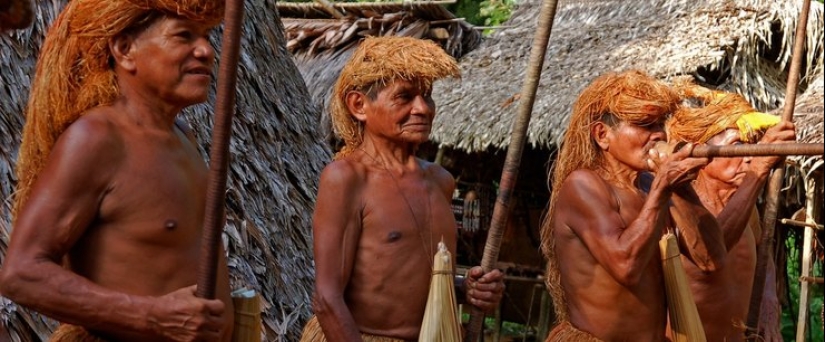
The meaning of this ritual is that it helps to come to terms with the loss of a loved one. Nothing reminds me of him anymore. The thought of leaving a body in the damp earth to decompose is as terrible to the Vari as the thought of cannibalism is to us. American Betsy Conklin, who lived with vari for 18 months, picked up a very accurate metaphor: "consuming grief."
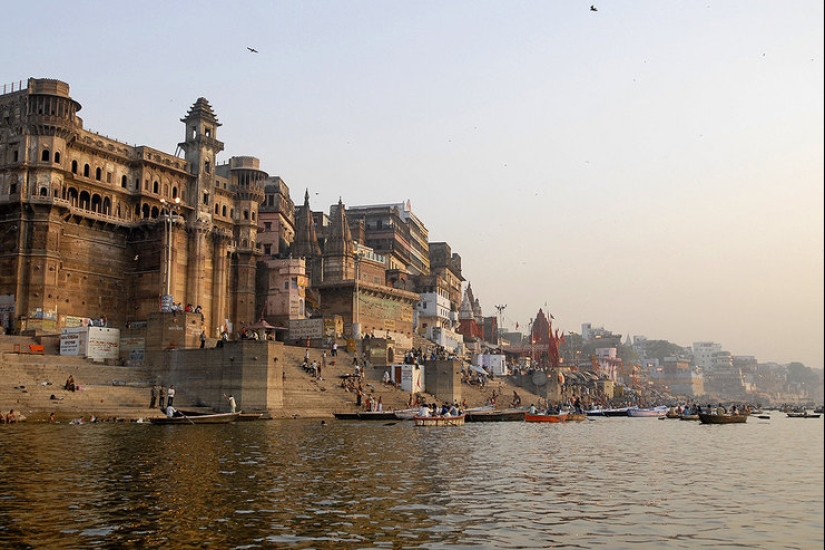
Founded a thousand years before the birth of Christ, Varanasi is one of the holy cities of Hinduism, and tens of thousands of Hindus from all over the world come here every year. In their view, this ancient city is the center of the universe. Here flourish even if sinister, but so epoch-making traditions that no one dares to trample on them.
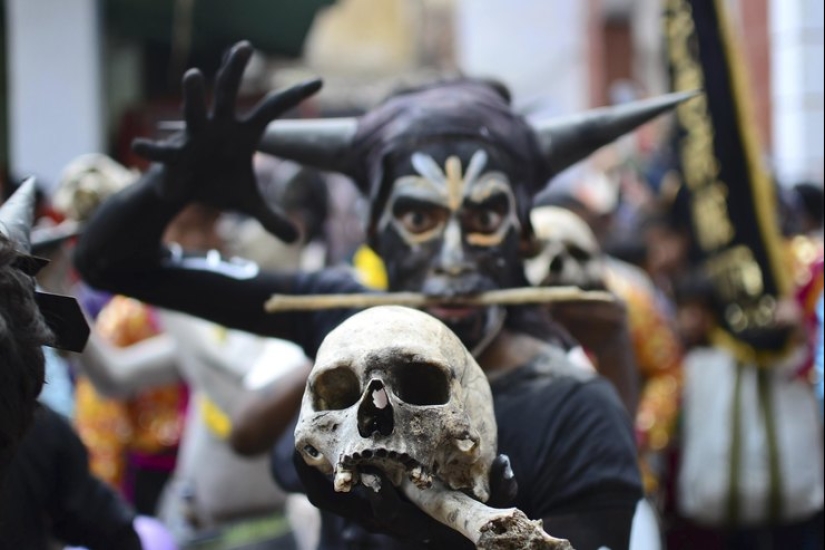
Death in Hinduism is just one of the stages of samsara, a milestone in the wheel of rebirth. And all Hindus strive for moksha — the end of this cycle, the end point. The Aghori, the ascetic religious sect of Varanasi, take the short cut. They perform nocturnal rituals over the remains of people whose corpses, according to Hindu custom, are burned on the banks of the Ganges, gaining the opportunity to get as close to moksha as possible. The Aghori are easily recognizable: they are daubed with cremation ash from head to toe and wear bone necklaces.
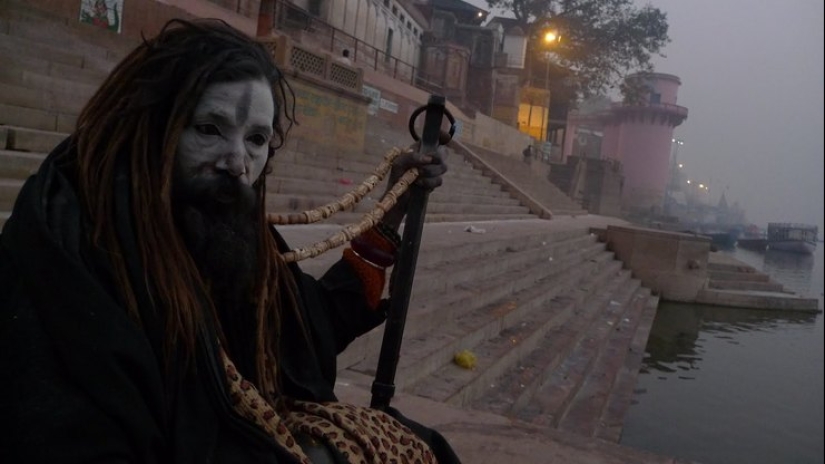
There are now about a thousand active members of the sect in India. Despite the shocking rituals, the Aghori are treated with condescension. The Indians believe that if they prevent the monks-the "chosen ones of Shiva" - from eating the dead and performing rituals, their souls will be cursed. There are no legal restrictions in this regard in the country.
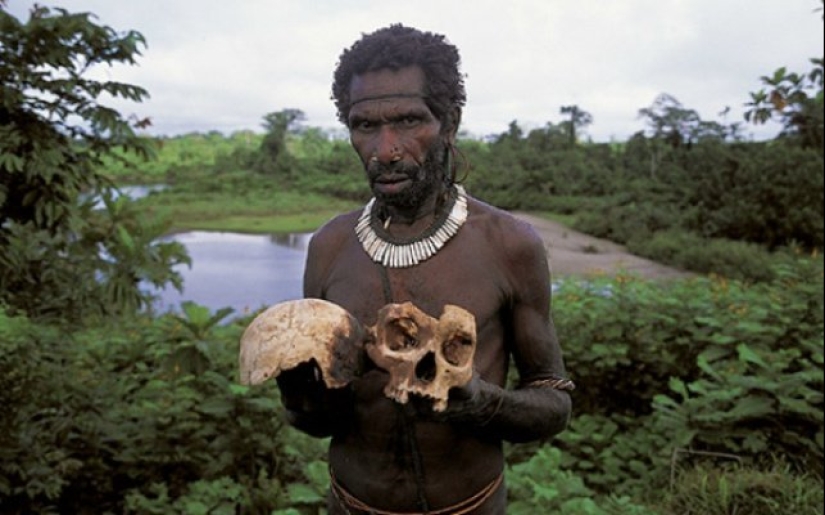
There are more cannibals in Papua New Guinea than there are supermarkets. Due to the lack of protein food, the natives often eat lunch with their comrades. However, in recent years, due to the kuru-kuru disease epidemic, the scale of cannibalism has significantly decreased. But not in the Karavai tribe. For its representatives, eating a dead person is revenge.
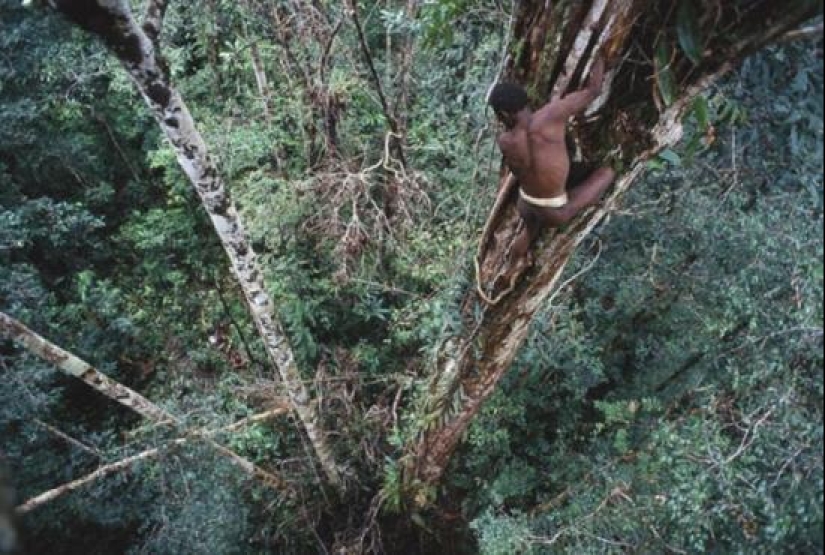
Says Australian journalist Paul Raphael, who once traveled through the forests of Papua New Guinea and Indonesia:
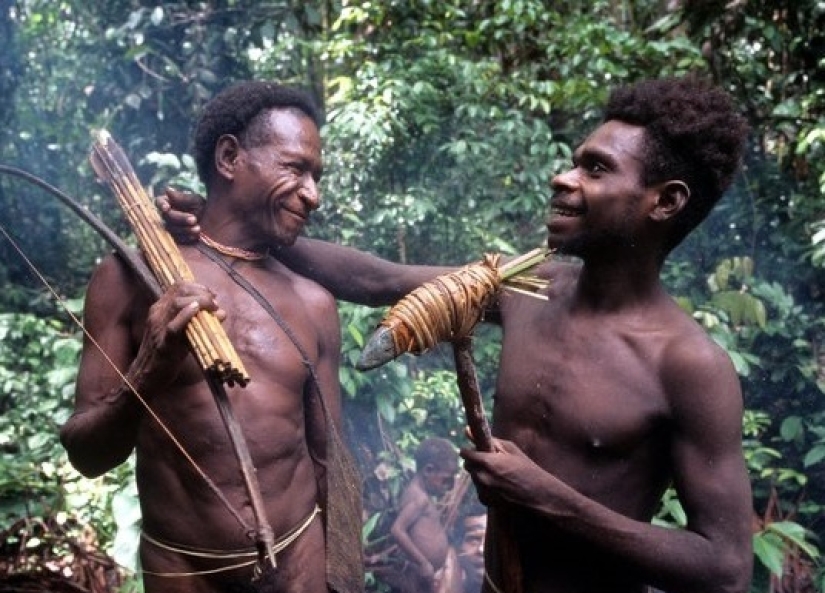
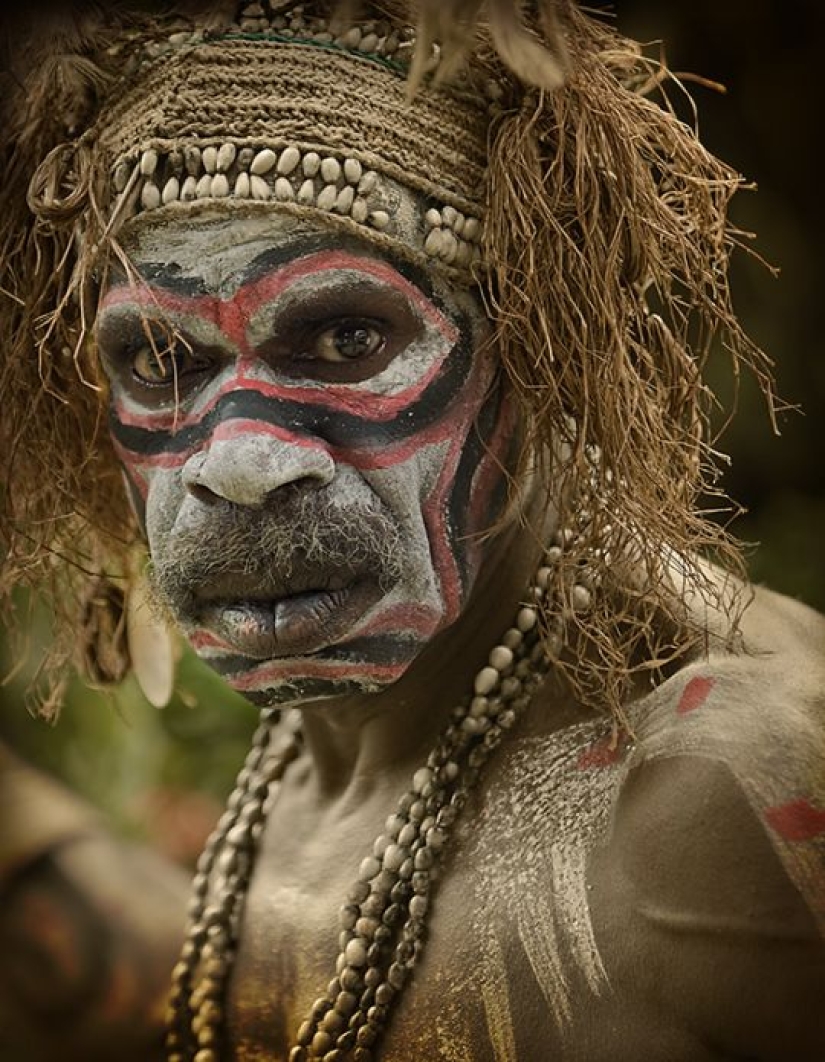
All the above-described cannibals are not dangerous to outsiders and never kill people in order to eat them. But this is not true of some of the indigenous people of the island of Fiji. Of course, Fiji is no longer such a wild place as in the XIX century, when even missionaries were afraid to come here. However, the forests are still inhabited by tribes that remain faithful to the traditions. They still kill their own kind for food.
Not only do the tribes often fight among themselves (these clashes almost always end with a bloody feast over the defeated), but they can also dine with tourists who accidentally wandered where they should not. In the summer of 2017, a report flashed through the news that a couple from Ryazan had disappeared without a trace in Fiji. Presumably, she was devoured by cannibals.
Keywords: Death | Culture | Peoples | World | Tribes | Traditions | Food | Customs | Cannibal | Tin
Post News ArticleRecent articles

It's high time to admit that this whole hipster idea has gone too far. The concept has become so popular that even restaurants have ...

There is a perception that people only use 10% of their brain potential. But the heroes of our review, apparently, found a way to ...
Related articles

Immunity to poisons at all times been the dream of all authority. List of popes, kings and emperors, gave his soul to God through ...

These artists love cats, but also masterfully draw them, often complementing funny and life signatures. Meet! --> Russian ...

We all know that walking in extreme cold is dangerous, but few people know what happens to the human body at these moments.

New Year's is a time to surprise and delight loved ones not only with gifts but also with a unique presentation of the holiday ...